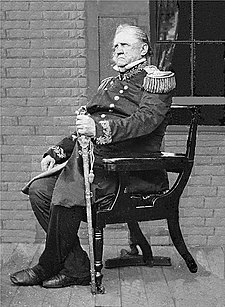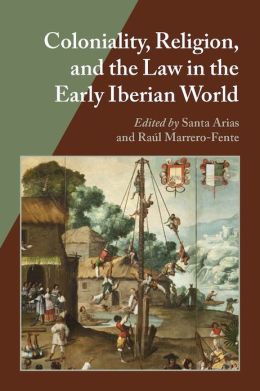
The Baldy Center for Law and Social Policy and the SUNY Buffalo Law School announce the conference “Opportunities for Law's Intellectual History,” which is to
take place in John Lord O'Brian Hall, SUNY Buffalo Law School, on
October 10-11, 2014. As the conveners explain, “A conference designed
to explore the possibility that methods and materials of intellectual
history might be used to shed light on topics related to law that are
not traditionally associated with the field of intellectual history:
bureaucracy, capitalism and risk, doctrine, and popular culture.”
The participants will be:
Charles Barzun, University of Virginia, Law School
Susanna Blumenthal, University of Minnesota, Law School
Christine Desan, Harvard University, Law School
Laura Edwards, Duke University, Department of History
Daniel Ernst, Georgetown University, Law School
Mark Fenster, University of Florida, Law School
Robert W Gordon, Stanford University, Law School
Ajay K. Mehrotra, University of Indiana, Law School
Noga Morag-Levine, Michigan State University, Law School
Samuel Moyn, Columbia University, History Department
Cynthia Nicoletti, Mississippi College, Law School
Edward Purcell, New York Law School
Rebecca A. Rix, Princeton University, History Department
John Henry Schlegel, SUNY Buffalo, Law School
Daniel Sharfstein, Vanderbilt University, Law School
Thomas Streeter, University of Vermont, Sociology Department
Chris Tomlins, University of California/Irvine, Law School
For further information, contact schlegel@buffalo.edu
[According to its website, "The Baldy Center is an endowed, internationally recognized,
interdisciplinary research institute that supports research and scholarship in
the broad arenas of law, legal institutions, and social policy. The Baldy
Center, housed in the SUNY Buffalo Law School, collaborates with over 200 faculty
members in several different departments at the University at Buffalo."]
 Let me join Karen in thanking Bernard Hibbitts for as interesting a series of posts as any put up in the history of Legal History Blog. Here they are in order:
Let me join Karen in thanking Bernard Hibbitts for as interesting a series of posts as any put up in the history of Legal History Blog. Here they are in order:












